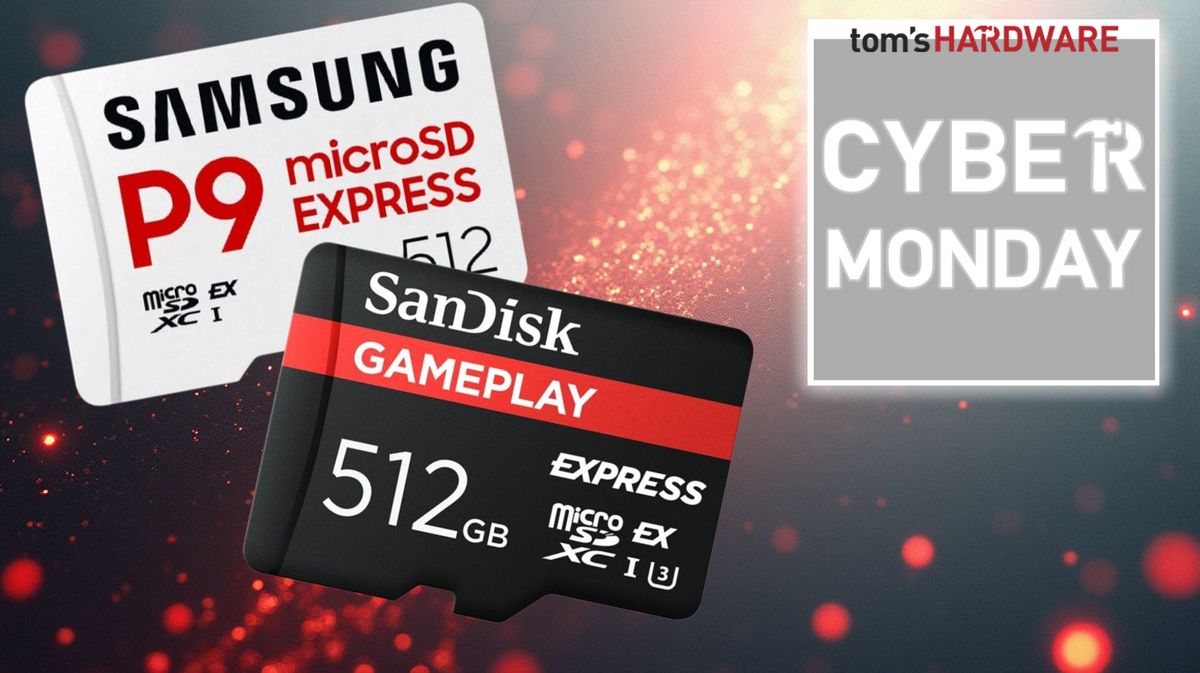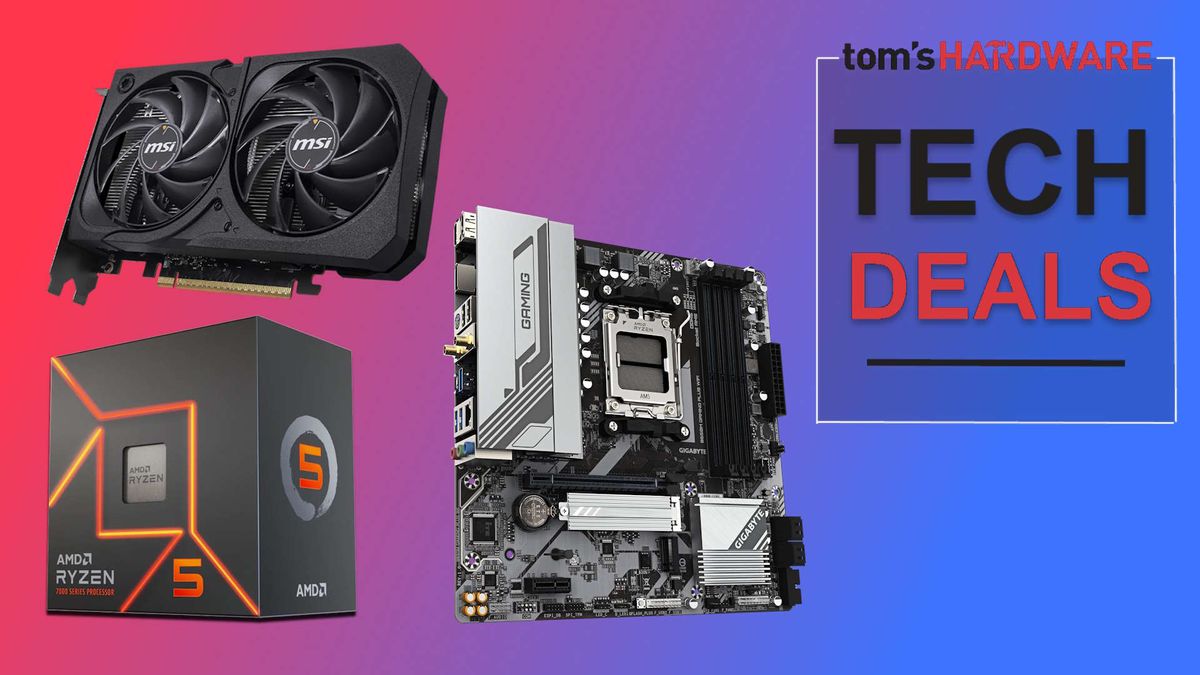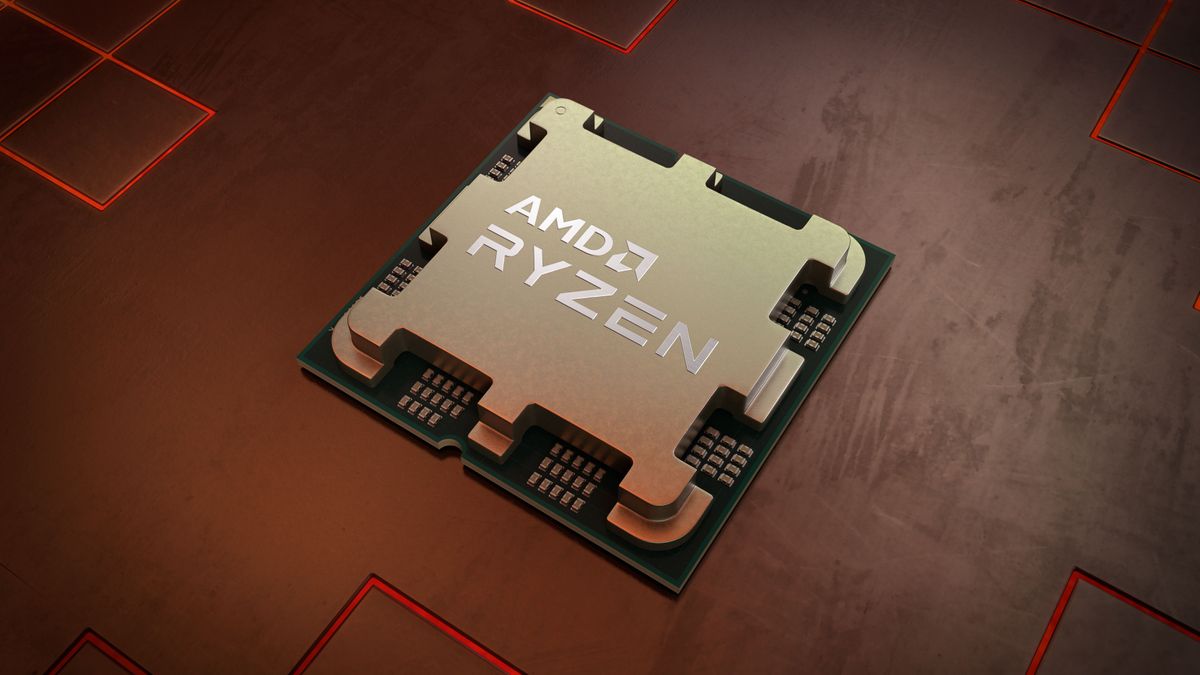President Donald Trump's recent introduction of a 25% tariff on aluminum imports has raised concerns within the PC hardware industry, particularly regarding potential price increases for graphics cards and desktop cases. As per PCMag, industry insiders are alarmed by the possible ramifications of these tariffs on manufacturers and consumers.
Aluminum is a fundamental material in constructing PC cases and is also utilized in manufacturing various GPU components. The newly imposed tariffs are expected to increase production costs for these items, leading to higher retail prices. This development is particularly concerning for consumers seeking affordable options in an already inflation-sensitive market.
Reports of the aluminum tariff's impact on PC hardware first surfaced on Reddit, where user "Neoescape" warned that the additional duties were affecting GPU imports. "We recently imported several data center GPUs and got blindsided by a huge bill due to this additional 25% aluminum-related tariff," the user wrote. However, the moderators quickly deleted the post.
Kelt Reeves, CEO of custom PC maker Falcon Northwest, confirmed to PCMag that the company has already felt the impact of the new tariffs. "Yes, we've already been affected heavily. We thought that tariff was on raw aluminum and steel, not finished PC cases," Reeves explained. However, the policy also extends to aluminum derivative products, including PC components, further increasing costs for manufacturers and consumers.
Similarly, PC case manufacturer SilverStone Technology has been hit with the 25% aluminum tariff on top of the existing 20% tariff on Chinese imports. The company stated that since many of its cases are made primarily from steel and aluminum, these tariffs have significantly impacted costs. Likewise, InWin, another PC case vendor, reported that while it maintains prices using its existing stock, price adjustments may become necessary as inventory runs low.
A few days ago, Asus announced plans to shift production from China to other countries to avoid anticipated U.S. tariffs. This move may lead to increased product prices due to the costs associated with setting up new manufacturing facilities.
According to U.S. Customs and Border Protection, the aluminum tariff is determined by the value of the aluminum content in an import. However, unless suppliers specify the exact aluminum content in products like graphics cards—which is often difficult to obtain—customs brokerage services like UPS and FedEx default to applying the tariff to the entire shipment value, leading to potentially higher costs for buyers.
The tariffs are expected to result in higher retail prices for GPUs and desktop cases, components that heavily rely on aluminum. This development is particularly concerning for consumers planning to build or upgrade their PCs, as it could increase overall costs. The situation also highlights the broader implications of trade policies on the technology sector and consumer expenses.

 7 months ago
94
7 months ago
94







 English (US) ·
English (US) ·